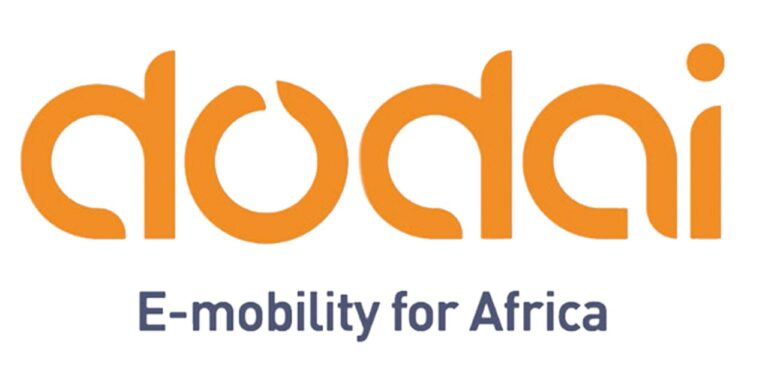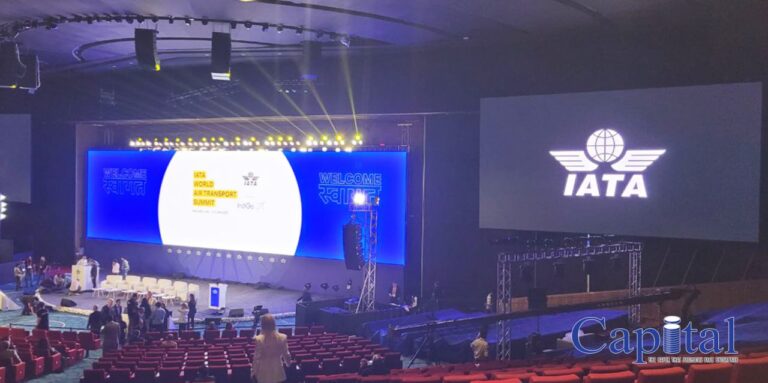The British International Freight Association (BIFA) has established a partnership with its Ethiopian counterpart, the Ethiopian Freight Forwarders and Shipping Agents Association (EFFSAA), to attract investors to Ethiopia and enhance collaboration in the logistics sector.
On Tuesday, May 27, BIFA and EFFSAA formalized a Memorandum of Understanding (MoU) aimed at facilitating knowledge and experience sharing.
Dawit Woubishet, President of EFFSAA and Chairperson of FIATA’s Air Freight Institute, described the agreement as a significant step towards transformative collaboration in Ethiopia’s freight and logistics industry.
Steve Parker, Director General of BIFA, expressed enthusiasm about the partnership, stating, “This agreement will not only benefit Ethiopia but also enrich our work in the UK, as it represents a two-way exchange.”
Regarding investment promotion, Parker confirmed BIFA’s commitment to supporting Ethiopia’s initiatives. “We will inform the UK’s Department of Business and Trade about this collaboration, allowing them to communicate the news to trading companies,” he explained. “We will also notify our 1,600+ members, encouraging them to explore business opportunities in Ethiopia.”
Dawit emphasized the MoU as a significant breakthrough for Ethiopia’s logistics sector. “We have recently signed similar agreements with organizations in the UAE and Turkey, expanding our global partnerships and knowledge-sharing in logistics,” he stated.
He noted that the agreement with BIFA presents a major opportunity not only for EFFSAA and its members but for Ethiopia as a whole. “BIFA’s leadership and members bring extensive experience that will help develop Ethiopia’s logistics sector while attracting potential investors,” Dawit added.
At the signing ceremony in Addis Ababa, Dan Hart, Lead Private Sector Development Advisor at the British Embassy in Ethiopia, acknowledged the challenges facing Ethiopia’s logistics sector. He highlighted the need for diversified port access to strengthen logistics operations and affirmed the UK government’s support for Ethiopia’s efforts to secure alternative sea routes.
Worku Lemma, Director of the Logistics Transformation Office at Ethiopia’s Ministry of Transport and Logistics, reiterated the necessity for expanded regional port access to support the economic growth of Ethiopia, which has a population of over 130 million.
This partnership represents a strong commitment to enhancing Ethiopia’s logistics capabilities while fostering international investment and collaboration.






